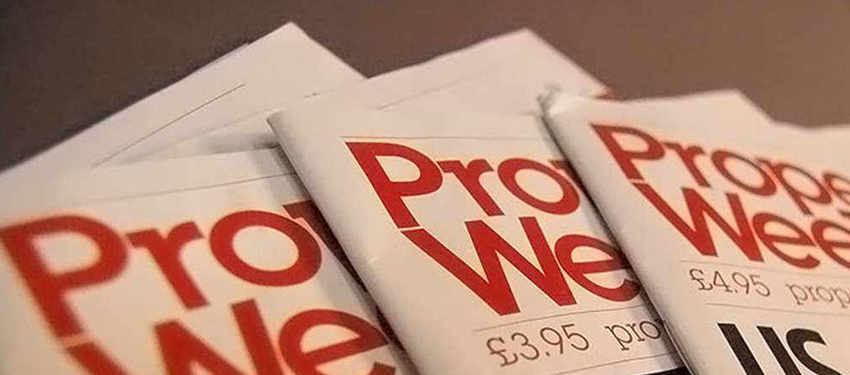writing in Property Week on housing and taxation:
GDP is rising - up by 0.7% in the second quarter of this year. Housing starts are up by 38% on the same period last year. NHBC (National House-Building Council) registrations are at a five-year high.
And house prices rose in every region this June for the first time since 2008. At first glance, the market is not looking too bad at all.
But a quick step back to look at the housing shortfall will keep you sanguine. The structural deficit is colossal. In London, the population has grown by 12% over the last decade, creating an additional 250,000 households, while net additional housing completions have rarely exceeded 20,000 a year. Across England, the average price-to-income ratios have worsened to 6.6, reflecting the chronic lack of supply. It is going to take a massive expansion in investment just to stop this position worsening.
The other thing you notice about the property market relates to tax. We have created a fundamentally flawed system of property taxation in Britain: one that is unfair, unpredictable and regressive. When politicians stare aghast at the state of public finances, they routinely turn to property as a way to increase the revenues.
We get ad hoc shifts - in stamp duty, followed by an annual charge, followed by capital gains - creating a system that in its complexity actively encourages avoidance. The idea of a mansion tax is just the latest example of a political response, rather than a coherent approach to addressing the problem.
I believe that property tax - badly handled - could stop an expansion of housing supply in its tracks. It is one of the biggest threats to the market. At exactly the point where we need to encourage investment, we threaten consumers and investors with uncertainty and change. So I think the government has to choose which it wants more: the tax or the homes?
If the priority is fiscal revenues, the core policy is simple: you focus on high-value housing. It is true that these properties have historically been under-taxed. Owners of the most valuable properties in England pay significantly less in local domestic tax today than they did way back in 1989, although stamp duty has soared.
The problem is that a mansion tax won't generate the £2bn of income originally sought. There are currently 55,000 properties in Britain worth more than £2m. Assuming a 1% charge, the income from a mansion tax would actually be £1.3bn. And that ignores the costs of collection, the change in behaviour by buyers and sellers, which would reduce the take, and the fact that 16% of these properties are listed and likely to be exempt.
It would simply punish tens of thousands of British homeowners and turn their asset into a liability.
By contrast, if we want more homes, we need to attract investment. We need to create an environment conducive to institutional and individual investors. And what they want is certainty. Instead of continually finding new ways of taxing land and property, creating endless distortions and damaging the market's ability to deliver new homes, we need to develop a clear and progressive system of taxes and levies.
Homes or nothing
I believe the best way to achieve this is through a comprehensive review of property taxation. Let's take a brief period of time to look at the whole regime, including council tax bands and who pays stamp duty, and develop a consensus about how it can change in a considered, sustainable way. We need an answer that is acceptable to the Treasury and the market, and a set of common principles recognised by all the main political parties.
If property tax becomes a political football between now and May 2015, this will slam the brakes on housing supply. Investment will dry up, construction will slow and affordability will worsen, just at the point when expansion looks possible and we can make meaningful progress towards delivering 220,000 homes each year.
We do not face a binary choice between fair and effective taxation on the one hand or growth, investment and housing supply on the other. But we do need high-level agreement about where the priority lies. It is surely with homes, not tax.
Rob Perrins: Tax Overhaul
05th November 2013
Rob Perrins
